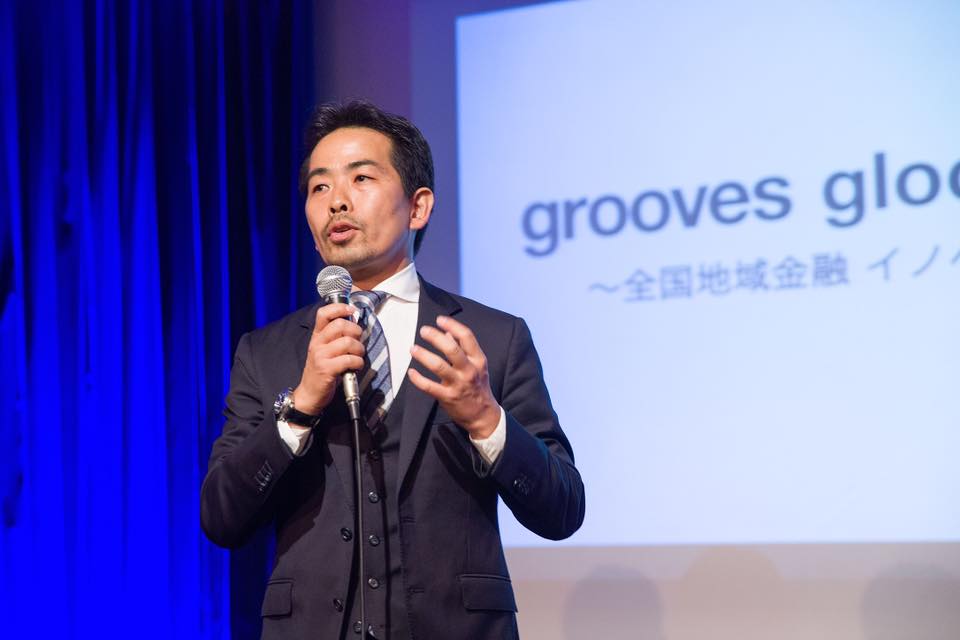McLean & Company’s latest research uncovers a clear, four-step process to help HR leaders design and deliver HR programmes tailored to hourly workers – a critical yet often overlooked segment of the workforce. The firm’s research explores the operational barriers and outdated mindsets that have long sidelined hourly employees and demonstrates the benefits of investing in tailored HR strategies across the employee lifecycle.
With over 60% of the US workforce made up of hourly employees (Shiftboard, 2023), a new blueprint from global HR research and advisory firm McLean & Company provides HR leaders with an actionable path to support this often-overlooked segment of the workforce. Customize HR Programmes for Hourly Workers offers a data-driven framework to help organisations tailor programmes that meet the unique needs of their hourly workforces.
“Organisations often focus on attracting hourly workers due to high turnover,” says Karen Mann, senior vice president, HR Research & Advisory Services at McLean & Company. “But retention and engagement start with inclusion – and that means designing HR programmes that reflect the realities of the frontline experience.”

The firm’s research highlights growing awareness in the HR community of the need for differentiated approaches. Despite hourly workers being critical to operational success across industries like manufacturing, healthcare, hospitality and retail, many remain excluded from development and engagement initiatives. Nearly half of frontline employees feel unsupported by their organisations, and 41% say their employers have made no efforts to improve the workplace in the past year (Catalyst; Legion, 2024).
McLean & Company’s blueprint reveals a persistent gap between intention and action. A lack of access to organisational technology, logistical barriers, and assumptions that hourly and salaried employees have the same needs continue to limit participation in HR programmes. Leaders are often hesitant to invest due to high turnover rates, which makes it challenging to customise sustainable programmes
“The true challenge isn’t operational – it’s mindset,” explains Mann. “HR leaders must be willing to challenge legacy thinking that hourly programmes are too complex or not worth the investment.”
The four-step process included in the firm’s recently published resource guides HR leaders through the customisation of programmes across the employee lifecycle. It begins by determining the need for customisation, followed by prioritizing programmes for impact, customising selected HR initiatives, and implementing them with clear change and communication plans. McLean & Company advises that when executed effectively, this approach enhances inclusion, engagement, and retention and drives measurable improvements in productivity, customer satisfaction and cost savings.
McLean & Company’s research emphasises that engagement is possible at every stage of employment when programmes are designed to reflect the day-to-day experience of hourly workers.










